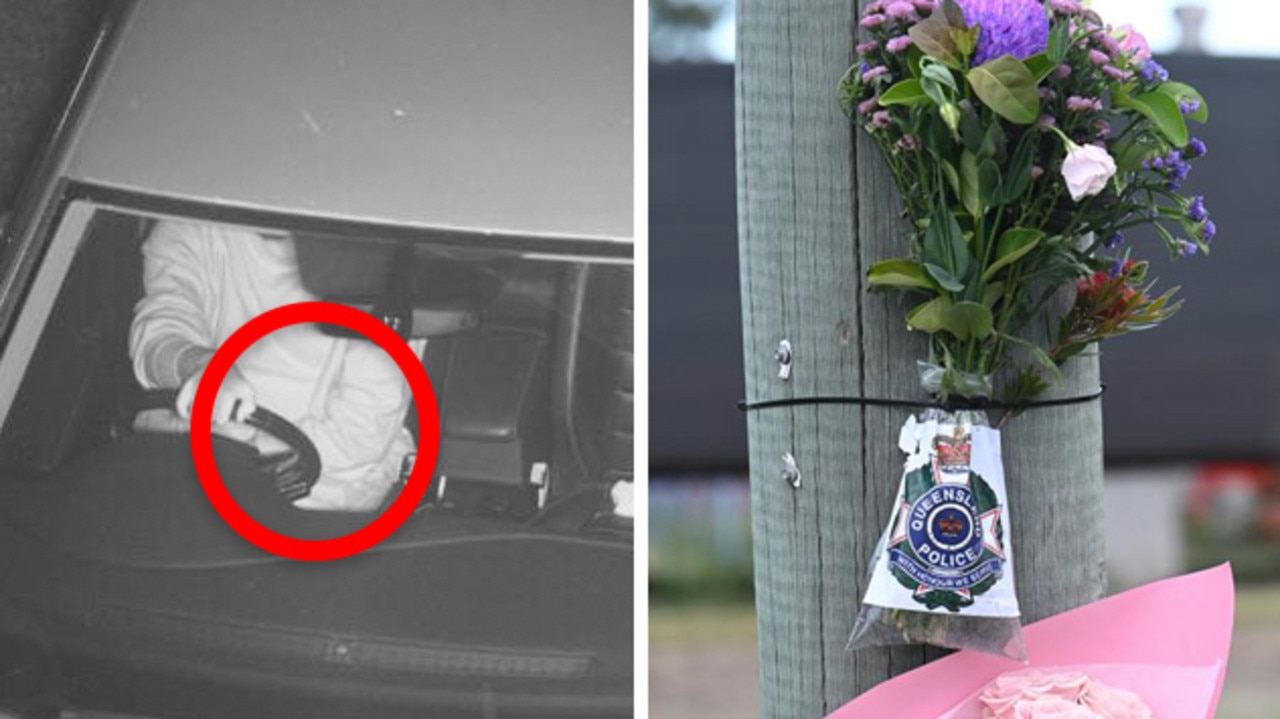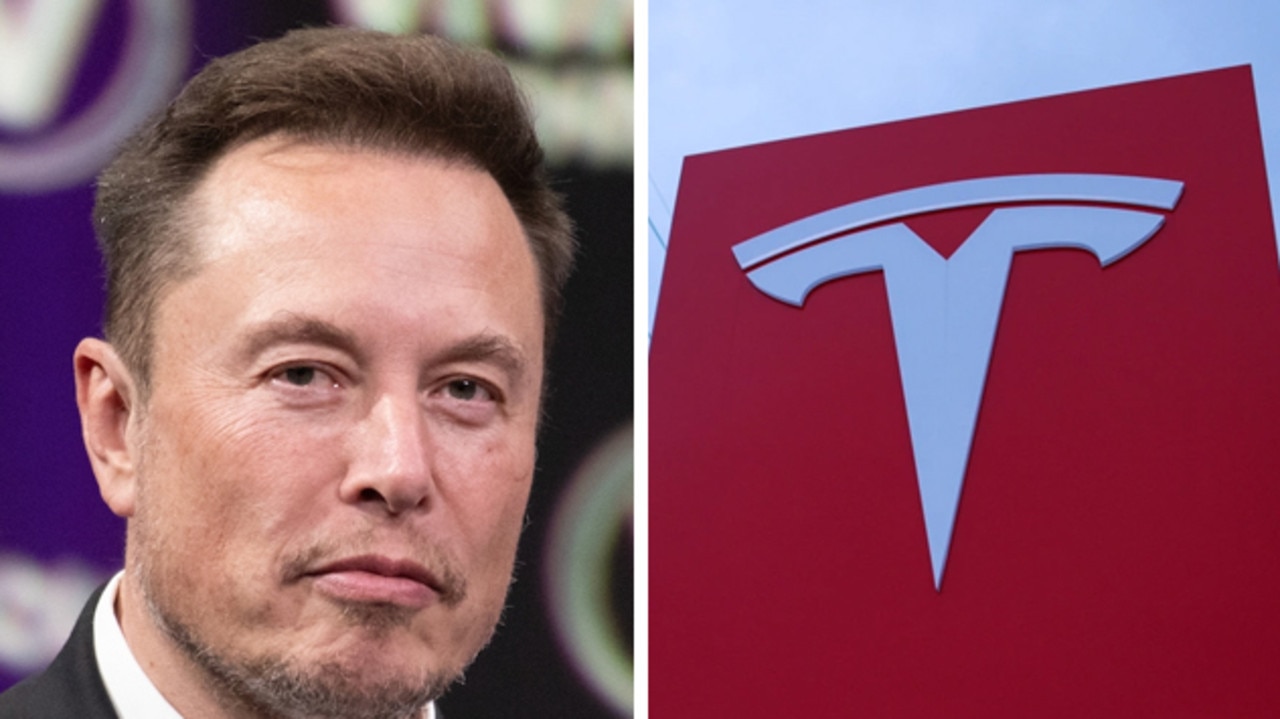EV sales drop as hybrids surge
Leading brands have slashed thousands of dollars off the price of their electric cars but buyers don’t appear to be responding. It appears the honeymoon is over.
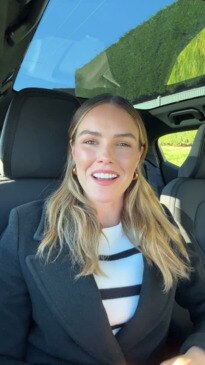
Motoring News
Don't miss out on the headlines from Motoring News. Followed categories will be added to My News.
Electric vehicle sales dipped in June, ending a run of strong growth over the past couple of years.
EV sales were down 13 per cent on June last year, despite heavy discounting by the major brands.
The result suggests that after a wave of sales to early adopters, EVs are proving a harder sell to Middle Australia.
EV sales remain up by 16 per cent in the first half of this year and more than 50,000 buyers made the switch to electric.
But they’ve been overtaken in showrooms by more affordable hybrid petrol vehicles, which use electric power to reduce fuel consumption.
Hybrid sales more than doubled in the first half of the year, driven by improved supply of the top-selling Toyota RAV4.
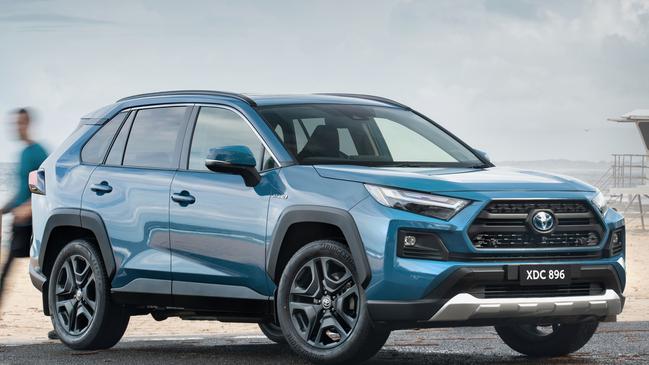
At the same time, Tesla has slashed the price of its cars by thousands of dollars in the face of slowing demand and increased competition from cheaper Chinese EVs.
Despite the discounts, Tesla sales slumped by more than a third in June. Year-to-date sales have dropped by almost 10 per cent.
Overall car sales dipped for the first time in several months, suggesting that cost of living pressures were finally starting to bite. June sales were down by 4 per cent, but Australians still bought a record number of vehicles in the first six months of the year, eclipsing the mark set in 2018.
The industry remains on track for an all-time sales record, as sales are up by almost 9 per cent on the previous full-year record set last year.
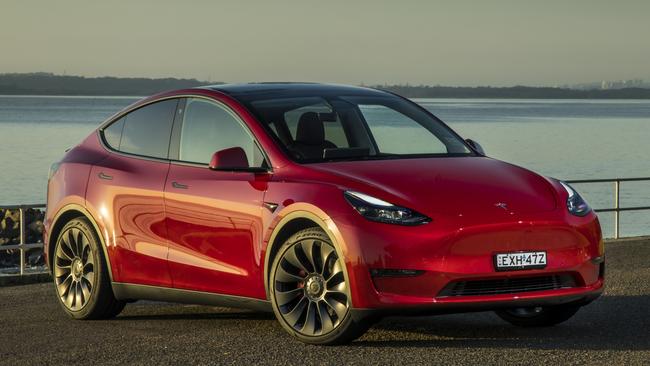
Federal Chamber of Automotive Industries chief executive Tony Weber said the result was encouraging in the face of “ongoing economic challenges”.
“The end of the financial year has traditionally been a strong month for vehicle sales and
achieving 632,412 sales in just six months is a testament to the resilience of the market,” he said.
Mr Weber said that despite the dip in EV sales in June, Australians bought a record number in the first half of the year.
“We hope to break the significant milestone of 100,000 EV sales in 2024,” Mr Weber said.
But he warned that the increase in electric vehicle sales would put pressure on the country’s recharging infrastructure.
He said it was critical that governments focused on delivering new recharging capability across the country.
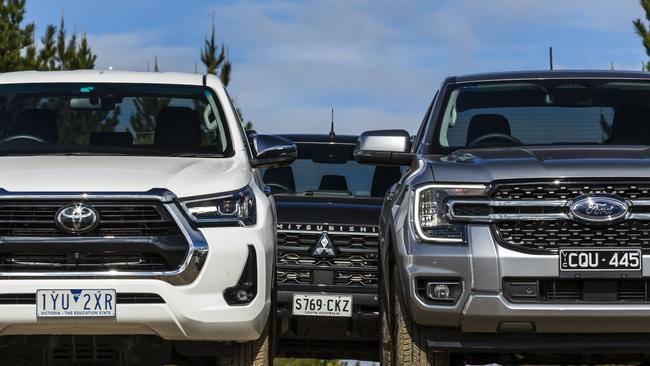
While roughly one in five new-car buyers are choosing hybrid or electric vehicles, the top of the sales charts remain dominated by diesel utes and SUVs, presenting a challenge for the Federal Government’s New Vehicle Efficiency Standard (NVES), which will be introduced next year.
The standard will include penalties for car makers who sell thirsty utes and the industry has warned that the regulations could add thousands of dollars to the price of a ute or heavy duty four-wheel-drive.
The Ford Ranger ute was Australia’s top selling vehicle in June with 6289 sales, followed by the Toyota HiLux with 5630 sales. Toyota’s RAV4 was third.
In a dig at the Government’s push for cleaner vehicles, the FCAI said the popularity of utes was “based on the versatility and practicality these vehicles offer to Australian consumers”.
There are no attractively priced electric or hybrid utes available on the local market, while overseas options are expensive and offer limited towing capability and range.
That makes them unsuitable for rural buyers and grey nomads, who like to tow.
Originally published as EV sales drop as hybrids surge


